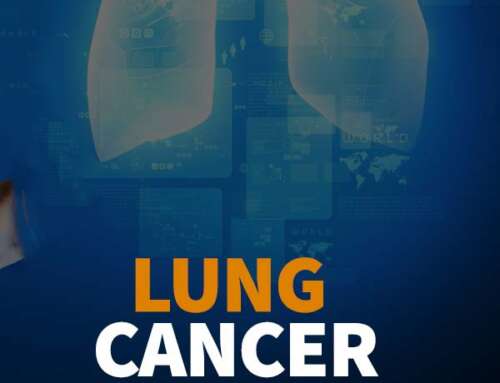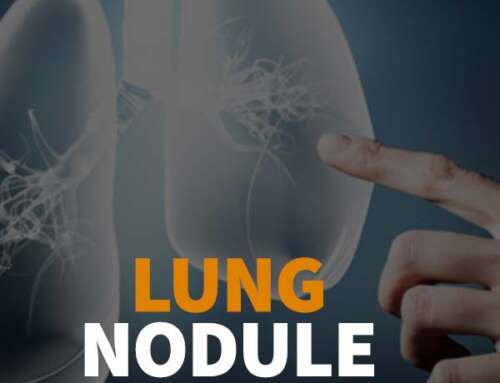Project Description

What You Should Know About Critical Care
You and your loved ones should know about critical care before you need it. Our team provides first class care that is sure to be compassionate, comforting, timely and communicative.
At FLASS, we believe in patient-centered care. Patients, doctors, caregivers and family members should share four major goals when it comes to making some hard choices for treatment during a critical illness.
We believe in helping patients select options for critical care treatment that are:
- Supported by evidence
- Free from harm
- Not duplicates of other treatments and tests
- Genuinely necessary
Bridges to Cross: Five Critical Care Policies
Policy One: Medical Tests.
We do not order chest X-rays, blood work or testing procedures for patients without a specific reason. FLASS doctors do not believe in creating a mountain of extraneous data or expenses.
Policy Two: Nutrition in ICU.
We know you might be worried about nourishment and nutrition if your critically ill family member is a patient in the ICU. We do not rush to use Total Parenteral Nutrition (TPN), which is a feeding method that sidesteps the gastrointestinal tract. With TPN, the patient obtains nutrition through fluids administered directly into a vein.
FLASS physicians do not believe in prescribing TPN too soon after a patient’s admission to critical care. If a patient has been in ICU for less than 7 days, TPN is inefficient and perhaps even counterproductive. This is especially true if the patient was well-nourished when admitted.
This is one of those situations where more care is not necessarily better care — just like more medicine is not necessarily good medicine.
Policy Three: Blood Transfusions.
We do not transfuse a critical patient’s blood unless their hemoglobin falls below 7g/dL, or in cases of hemodynamic instability or bleeding.
Policy Four: Deep Sedation.
Florida Lung, Asthma & Sleep Specialists avoid over-using deep sedation. Unnecessary sedation has some counter-productive side-effects. Misuse can prolong an ICU patient’s time on mechanical ventilation. Likewise, using deep sedation can over-extend hospital and ICU stays.
Since 1999, many critical care physicians have modified deep sedation protocols. In fact, we have a sedation-limiting protocol. We believe we can achieve better care with:
- Daily sedation interruptions
- Administering analgesics before using anxiolytics, which work on the central nervous system to promote calmness and induce sleep
- Reducing sedation to the minimum necessary when a patient is mechanically ventilated
Policy Five: Palliative Options.
We view our patients and their families as part of our extended FLASS family. Therefore, we earnestly believe both patients and families deserve to know that palliative options are available. Such options ease suffering at the end of life.
A Special Note for FLASS Family Members:
For a critically ill family member, FLASS doctors emphasize that opting for palliative care options doesn’t mean you’re giving up. It simply means you want to minimize suffering and honor the patient’s dignity.
A Special Note for FLASS Patients
Don’t leave critical care up to accidental choices. If you are one of our patients, we suggest having a critical care conversation with your physician before any of the above 5 Critical Care situations arises.
By planning ahead for critical care, your doctor and your family will know how you wish to proceed in a critical situation. This is especially important if you are planning surgery. If we are charged with your perioperative care, we are best equipped with knowledge of your case. We can handle complications or critical care options with maximum efficiency if they happen.
Our FLASS doctors are exceptional because of their extraordinary efforts to communicate on behalf of patients and families, and their genuine compassion for patients.



